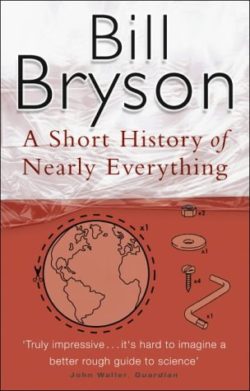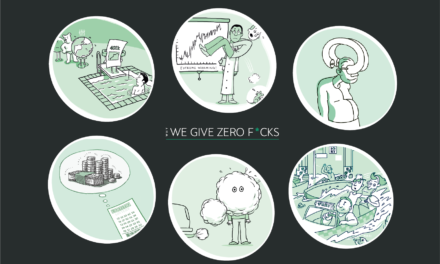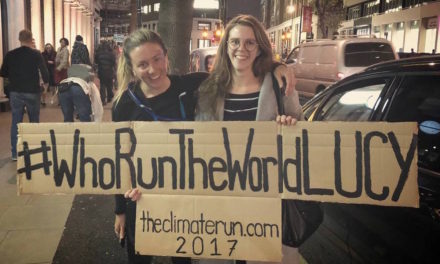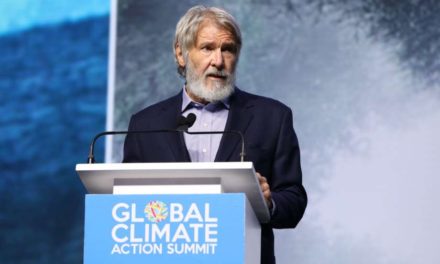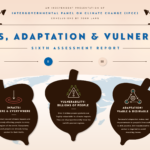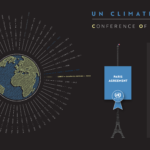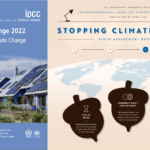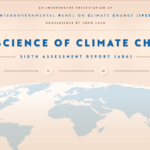Learning Human
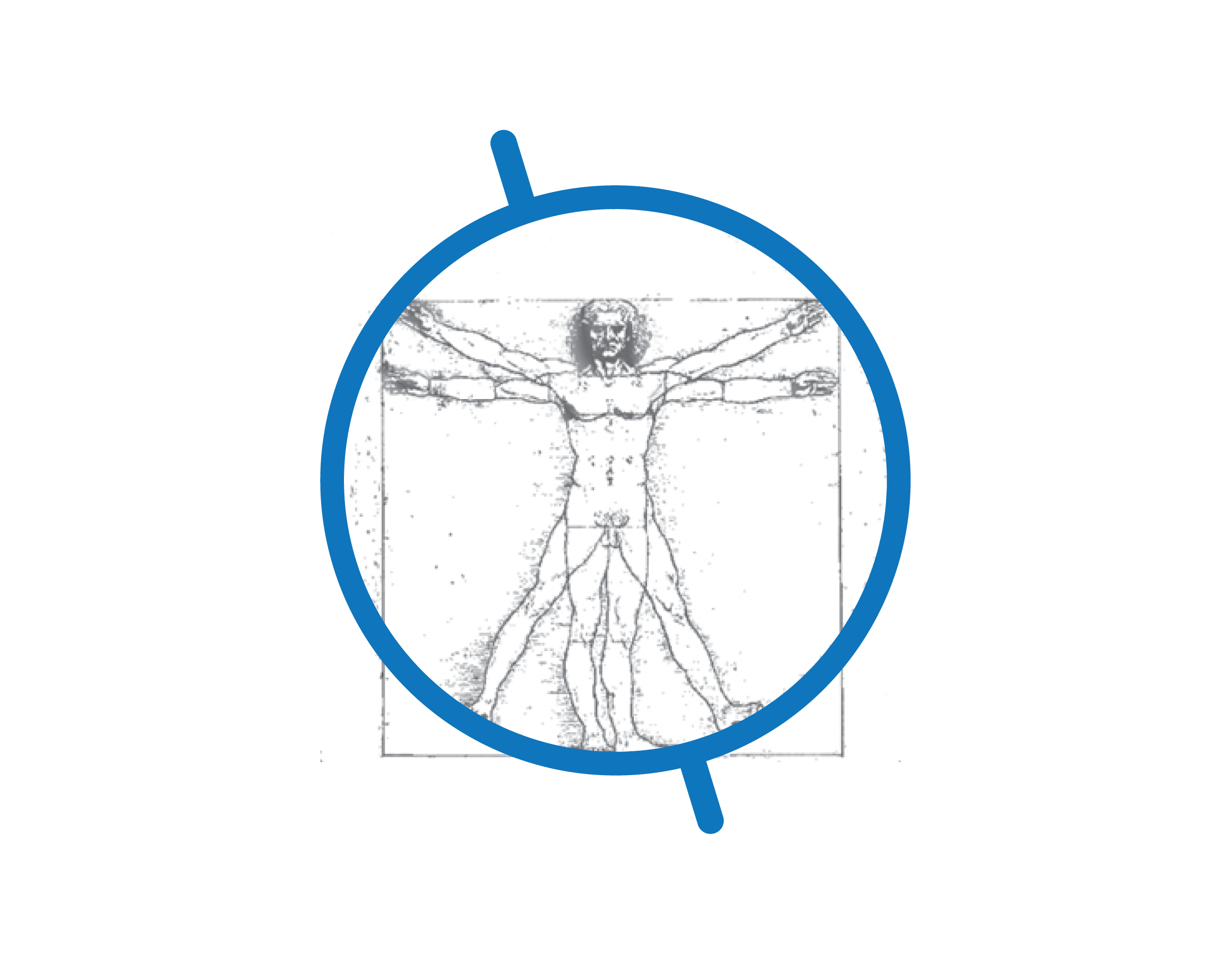
Bluey here,
I think I get it… you guys I mean.
Finally, I get why Dr IPCC, Dr Steffen and Nurse Mackay can’t stop talking about humans, especially in relation to my health concerns, aka my ‘planetary boundaries‘.
Humans
As I operate on larger timescales than 2050 years, getting my head around this video was challenging, but it provided a sound starting point. It also contained a figure I can more readily relate to—in years, 10 billion is a little under my anticipated life expectancy.
So there’s a lot of you Homo sapiens out there, you enjoy sex and you can’t get enough of my natural resources. That’s fine—better to know than to not—but I needed to find out more: something substantial, but not too substantial. Books, yes, but not big boring books.
Human History and Energy
I went for Bill Bryson’s A Short History of Nearly Everything first because Marsy recommended it. While it read suspiciously like a personal biography, it also contextualised humans, opening my eyes to their primitive perspective, and hopefully broadening my planetary one. Bryson’s masterpiece on humans, our universe and everything in between did what it said, it put nearly everything into perspective. He reminded me, and everyone else, of the majesty of me (ok, not me, mainly our cosmos and life itself). It inspired me to delve deeper.
Exploring the aspect of humans most relevant to me—their insatiable appetite for energy—was next. Daniel Yergin’s The Prize, not only revealed details of the human obsession with my organic deposits (the ones stored beneath my skin), ‘fossil fuels’ as they term them, it also helped me come to terms with their initial lack of awareness regarding the connection between GHG emissions and my temperature. It also revealed something else that could be equally worrying for my future well-being: ‘human power struggles’ and ‘nuclear proliferation’, but that’s another story.
Bryson and Yergin revealed much, but I still had an important task to satisfy: getting to the bottom of a term Dr Steffen used in my initial consultation, a term that I still hadn’t got my head around.
The ‘Anthropocene’
My body has been through multiple ‘epochs’ since I coalesced into being around 4.5 billion years ago. Epochs are to me as years are to humans, ‘eras’ like human decades and ‘eons’ like childhood, middle-age etc. Unlike human years though, epochs are not uniform; they vary depending on geological ‘signals’ on my body.
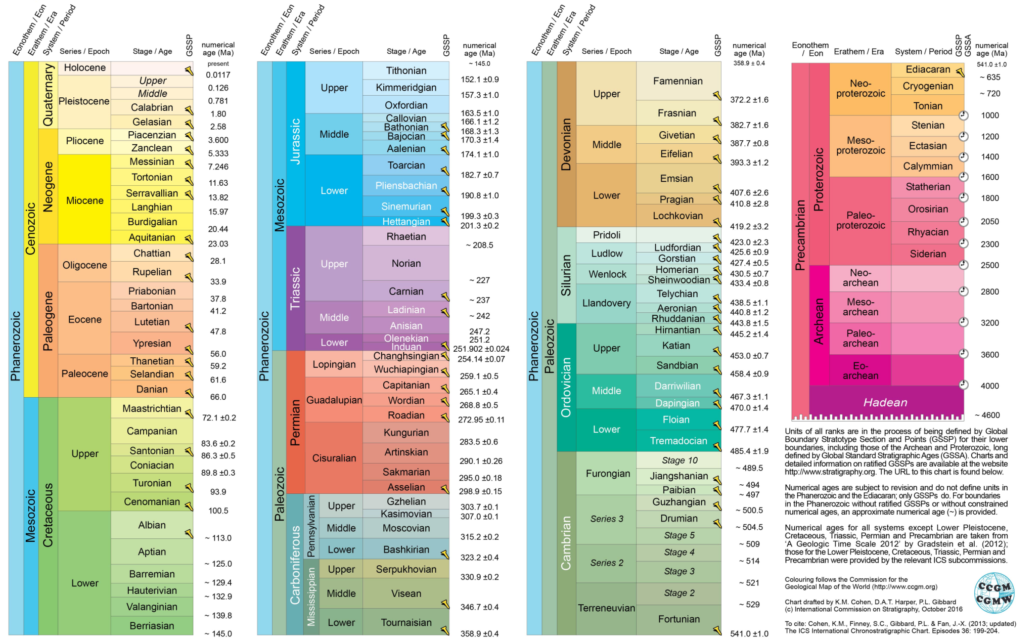
Source: International Commission on Stratigraphy
According to Dr Steffen, my current (official) epoch, the Holocene (11,700 years BP) has already moved unofficially into the Anthropocene. The human signs are “everywhere” he says; the only contention amongst his colleagues is seemingly not if it’s happened, but when it happened.
For me, this temporal triviality—Dr Steffen: 1945-1950 (artificial radionuclides), Dr Cruetzen Stoemer: ~1750-1800 (elevated CO2 and CH4 concentrations from the Industrial Revolution), Dr Ruddiman Thomson: 8000-5000 years BP (elevated CO2 and CH4 concentrations from forest clearance / rice irrigation respectively) and Dr Certeni Scalenghe: ~11,700 BP (‘Holocene as Anthropocene’)—does little more but reinforce a much more important point. Humans are my current epoch.
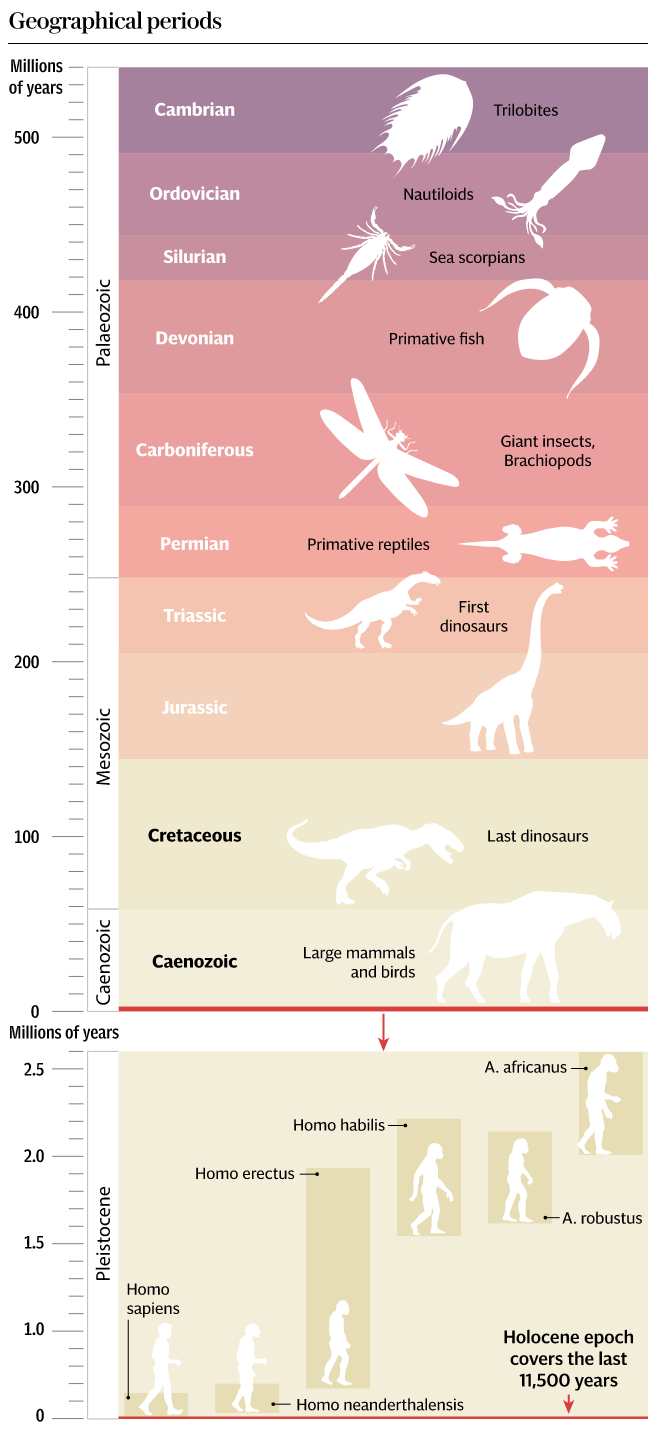
Having spent two days learning human, I’ve come to a preliminary conclusion that this epoch might not last all that long for them, but from a personal perspective, I’ll need to brace myself for longer-lasting consequences.
Yours for a while,
Bluey
